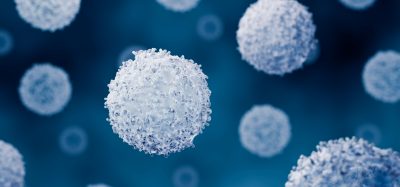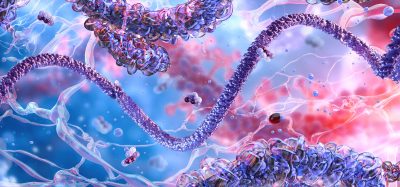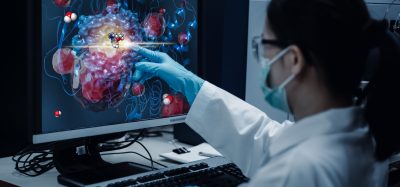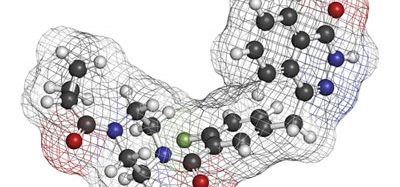Expert view: Assays to measure the potency of therapeutic antibodies used in combination with other drugs for Immuno‑Oncology treatments
Posted: 6 September 2018 | Roger Bosse (PerkinElmer) | No comments yet
Growing evidence reveals that using single immunotherapies to treat oncological disorders may lead to cancer-killing T-cell overdrive,initiating life-threatening autoimmune reactions including cytokinestorm; also known as hypercytokinemia or Cytokine Release Syndrome(CRS). Recently, checkpoint blockade using anti-programmed cell death1 (anti-PD-1) inhibitors became a prevalent approach for stimulatinganti-tumour immune system.
Unfortunately, several patients treated with anti‑PD1 antibodies alone developed severe CRS. Fortunately, most of the CRS symptoms were controlled after administration of cytokine inhibitors, including anti- IL-6 and TNFα antibodies; and corticosteroids. By combining immunotherapy based on checkpoint blockade and other drug treatments, one can enhance and broaden the benefits of immunotherapy by limiting/avoiding CRS.
Several technologies and assays are available to characterise the potency of therapeutic antibodies used alone or in combination with other drugs for immuno‑oncology treatments:
- ELISAs help detect the presence of checkpoint binding partners on both effector T‑cells and target cancer cells. ELISAs also allows the effect of small compound inhibitors acting on intracellular enzymes to be measured.
- Binding assays using recombinant checkpoint binding partners allows to measure the potency of checkpoint inhibitors.
- High content image analysis technologies are used to measure the impact of drug treatments on target cancer cells.
Finally, promising therapeutic approaches involves either autologous or allogenic grafting of re‑engineered T‑cells to express cell surface antigens specific to distinct cancers. These cells, known as CAR (Chimeric Antigen Receptor) T‑cells can be modified using CRISPR-Cas9 technology. Specialised organisations offer this service to cancer patients and multiple clinical investigations are underway. Some of the assays listed above are also useful to control the potency of re‑engineered CAR-T cells at destroying target cancer cells.
Related topics
Antibodies, Assays, CRISPR, Cytokines, Drug Discovery, Drug Discovery Processes, Immunotherapy, T cells
Related organisations
PerkinElmer
Related people
Roger Bosse








